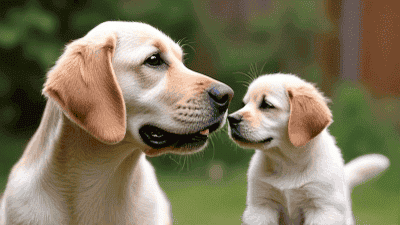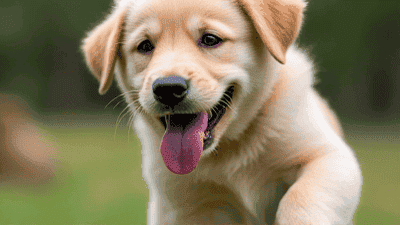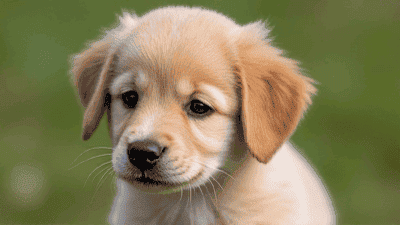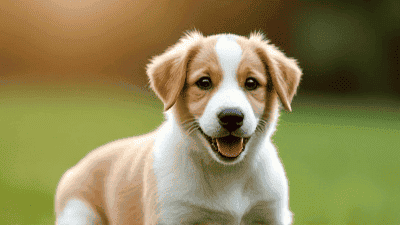
Bringing a new puppy into your home is an exciting experience, but it also comes with a great responsibility: ensuring your furry friend grows into a well-adjusted, confident, and happy dog. One of the most critical aspects of raising a puppy is socialization. Proper socialization lays the foundation for your puppy’s behavior, temperament, and ability to interact with the world around them.
Socialization is the process of exposing puppies to a variety of people, animals, environments, sounds, and experiences during their early developmental stages. This helps them learn to adapt and respond positively to new situations throughout their lives.
Puppies have a critical socialization window between 3 and 14 weeks of age. During this period, they are most receptive to new experiences and less likely to develop fear or anxiety. Proper socialization during this time can prevent behavioral problems later in life, such as aggression, fearfulness, or excessive shyness.

Socialization helps puppies feel comfortable and secure in different environments, whether it’s meeting new people, encountering other animals, or navigating busy streets.
Puppies that are well-socialized are less likely to develop phobias or anxiety-related behaviors, such as excessive barking, destructive chewing, or attempts to escape.
A socialized puppy is more likely to exhibit calm, friendly behavior in new situations, making them easier to manage and more enjoyable to be around.
Socialization fosters trust and communication between you and your puppy, strengthening your relationship and creating a lifelong bond.
The prime time for socialization is between 3 and 14 weeks of age. During this period, puppies are more open to new experiences and less likely to develop fear-based responses.
While early socialization is crucial, it’s important to balance it with your puppy’s health. Avoid high-risk areas, such as dog parks or public spaces, until your puppy has completed their vaccination schedule. Focus on controlled environments, such as your home or a puppy socialization class.

Expose your puppy to a variety of people, including children, seniors, and individuals wearing different types of clothing (e.g., hats, sunglasses). Encourage gentle interactions and reward your puppy with treats or praise for calm behavior.
Allow your puppy to interact with other vaccinated, well-behaved dogs and animals in a controlled setting. Monitor their interactions closely and intervene if necessary to ensure positive experiences.
Take your puppy to various locations, such as parks, pet-friendly stores, and busy streets. Gradually increase the level of stimulation, starting with quieter areas and progressing to busier environments.
Expose your puppy to common household sounds, such as vacuum cleaners, doorbells, and kitchen appliances. Also, introduce them to different objects, such as umbrellas, bicycles, and skateboards.
Always associate new experiences with positive outcomes. Use treats, toys, and praise to reward your puppy for calm and curious behavior.

If your puppy is naturally shy or fearful, take extra care to create positive associations with new experiences. Start with low-stress situations and gradually increase the level of exposure. Consider enrolling in a puppy socialization class for additional support.
Puppies that show reactive behavior, such as barking or lunging, may benefit from desensitization and counter-conditioning techniques. Consult a professional trainer or behaviorist for guidance.
If you’ve adopted an older puppy or dog who missed the critical socialization period, it’s still possible to socialize them. However, it may take more time and patience. Focus on positive reinforcement and gradual exposure to new experiences.
Teaching your puppy basic commands, such as “sit,” “stay,” and “come,” can help them feel more confident and secure in new situations.
Leash training is an essential part of socialization. A well-trained puppy is easier to manage in public spaces and more likely to have positive interactions with other dogs and people.
Getting your puppy comfortable with being handled, groomed, and examined by a veterinarian is an important aspect of socialization. Practice touching their paws, ears, and mouth regularly to prepare them for future grooming and vet visits.
Puppy socialization classes are structured group sessions designed to help puppies interact with other dogs and people in a safe, controlled environment. These classes are typically led by a professional trainer or behaviorist.
Look for classes that prioritize positive reinforcement, require proof of vaccinations, and have small class sizes to ensure individual attention.
A well-socialized puppy is more likely to grow into a confident, well-behaved adult dog. They’ll be less prone to anxiety, aggression, and fear-based behaviors, making them easier to train and more enjoyable to live with.
Socialization is not just for puppies. Continue to expose your dog to new experiences throughout their life to reinforce their confidence and adaptability.
Socialization is one of the most important aspects of raising a happy, confident, and well-behaved dog. By exposing your puppy to a variety of people, animals, and environments during their critical developmental period, you can help them develop the skills and resilience they need to navigate the world with ease. Remember, socialization is an ongoing process that requires patience, consistency, and positive reinforcement. With the right approach, you can build a strong foundation for your puppy’s lifelong well-being and strengthen the bond between you and your furry friend.